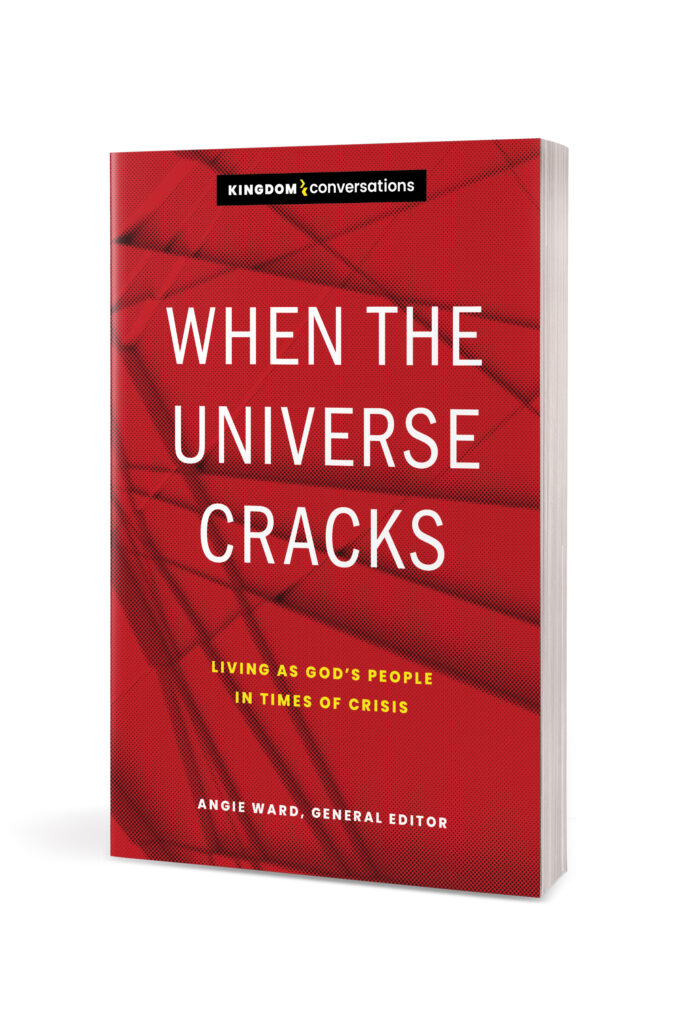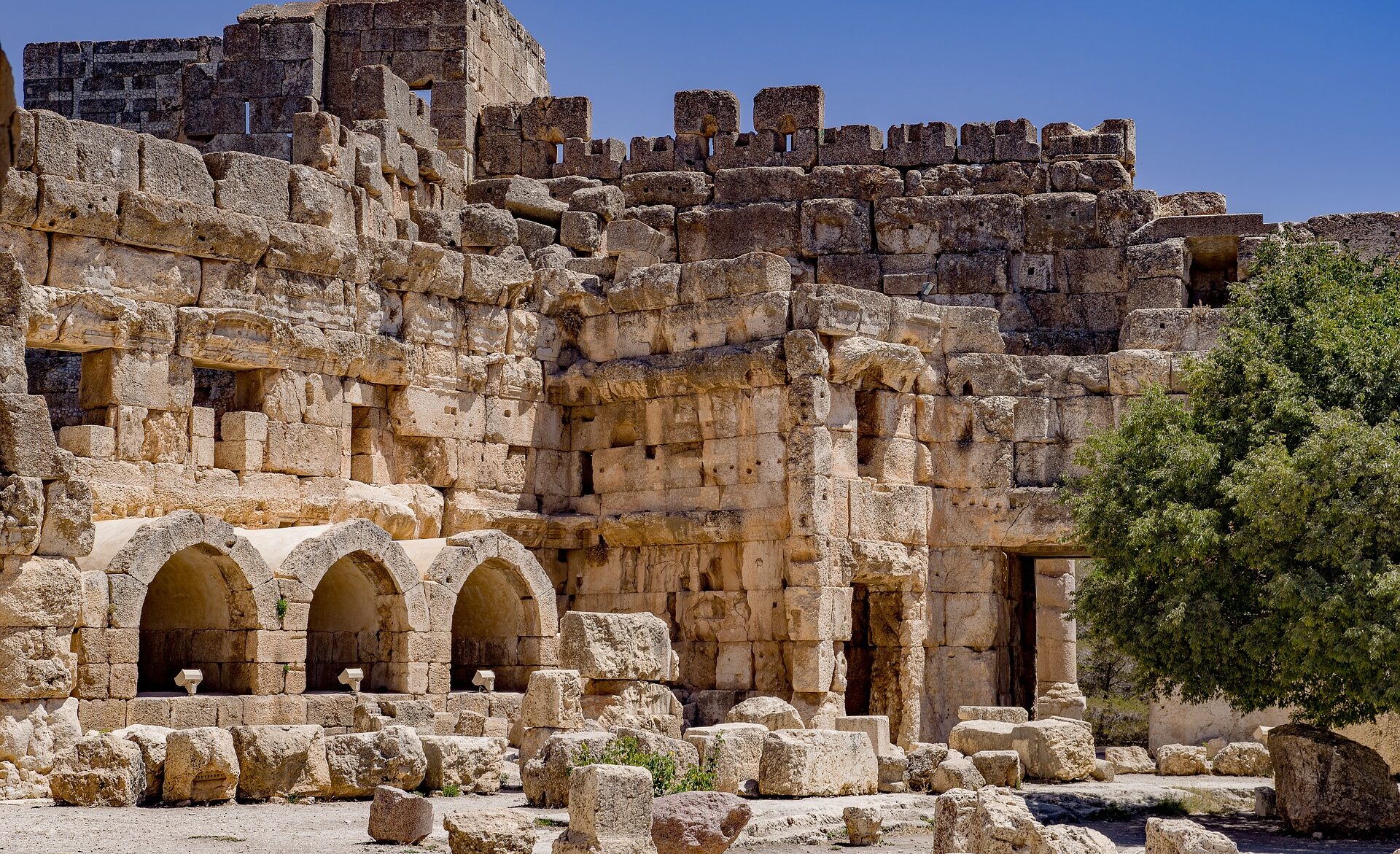For 620 years, since the days of Hannibal and his battle elephants, Rome had not faced an invading army. But in AD 410, Alaric, a Visigoth from northern Europe with a barbarian army, besieged the city. A delegation from Rome went outside the walls to ask
Alaric for his terms and to beg for mercy. Alaric’s response: “All your gold, all your silver, and all your German slaves!” The Romans stalled at these demands, even as conditions in the city deteriorated.
Finally Alaric’s forces broke into and plundered the city, building by building. There was destruction everywhere—except in the churches. Alaric considered himself a Christian (the Roman church considered him a heretic, an Arian who wrongly defined the relationship between God the Father and Christ the Son). Despite the theological differences, Alaric restricted his troops from plundering the Roman churches. But the rest of the city was stripped of its valuables.
A Shattered Worldly City
When the Visigoths left Rome, Christians the world over were stunned and confused. Rome, the epicenter of the Christian church, had fallen. “My voice sticks in my throat,” wrote Jerome, echoing the feelings of all in the Roman Empire, Christian and pagan alike. “The City that took the whole world captive is itself taken.”2 The pagans, meanwhile, wondered if the traditional Roman gods could have saved the city. Were they angry because recent emperors had turned to the Christian God?
Refugees from Rome fled in all directions, many to the North African seaport of Hippo. The bishop there, Aurelius Augustine, heard their questions, their doubts. He realized someone needed to address the question: Where is God when what we believed was secure, even divinely blessed, is conquered? So Augustine began to write: Why had Rome fallen? Would the ruin of the Eternal City mean the collapse of Christianity? Was God also defeated?
Augustine’s answers provided light not only for the dark days of the moment but a philosophy and a perspective that continues to this day whenever crisis hits.
The Everlasting City of God
Augustine compared the defeat of Rome with the judgment of Sodom. There had been a great deal of destruction, but cities, he said, consist of people, not buildings. Unlike Sodom, Rome had been chastised but not destroyed. Then he made a key distinction between two cities: the Worldly City, which inevitably rises and falls, and the heavenly City of God, which is everlasting. Earthly influence is not to be confused with eternal glory. These writings, which became his massive book The City of God, influence Christian thought even now.
The Worldly City, said Augustine, is united by desire for earthly things. The City of God is held together by the love of God. The Romans were driven to their great achievements by the pursuit of earthly glory. By contrast, “The Heavenly City outshines Rome, beyond comparison. There, instead of victory, is truth; instead of high rank, holiness; instead of peace, felicity; instead of life, eternity.”
The Church’s Role When Everything Falls Apart
And what about the church and state? Augustine believed the church to be the only human community that worked to advance the City of God. The state had its role in suppressing crime and preserving peace, but, Augustine insisted, the state must defer to the Christian church and its higher, eternal values.
Augustine not only helped Christians of the fifth century regain equilibrium after the fall of Rome but his writings provided a foundation for the Holy Roman Empire and throughout the Middle Ages. In crises ever since, Christians have sought a higher view. The present might be bad, but God is on the throne, and a better world is in store. The golden age—the Kingdom of God—is in the future, not in the fading and vulnerable splendors of a temporary, worldly kingdom.


